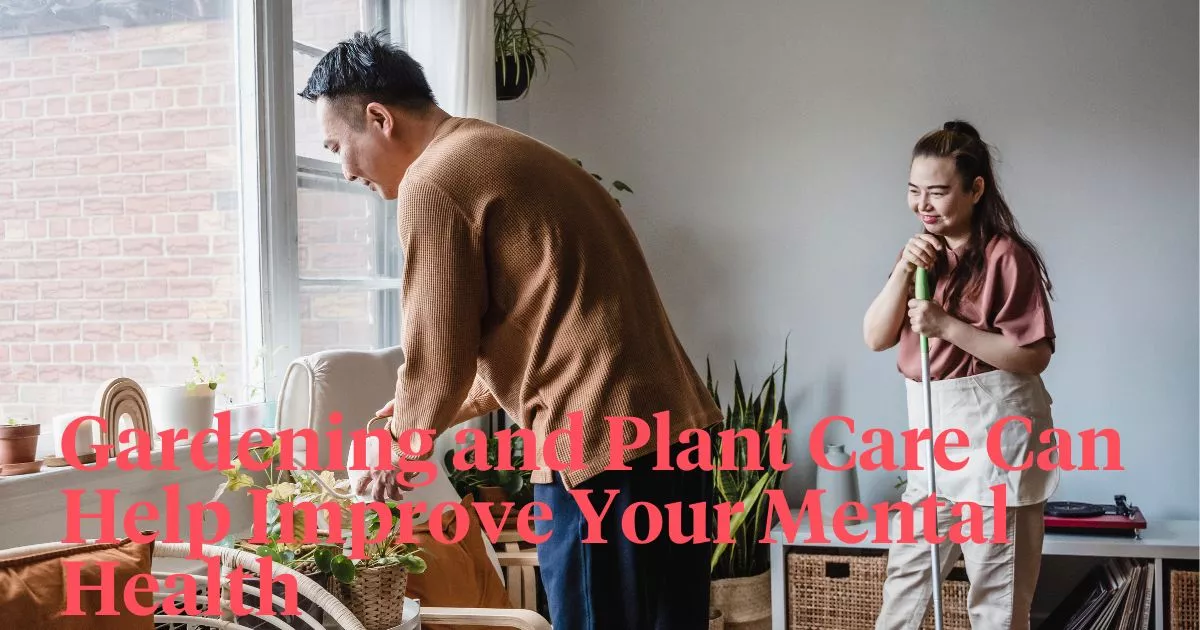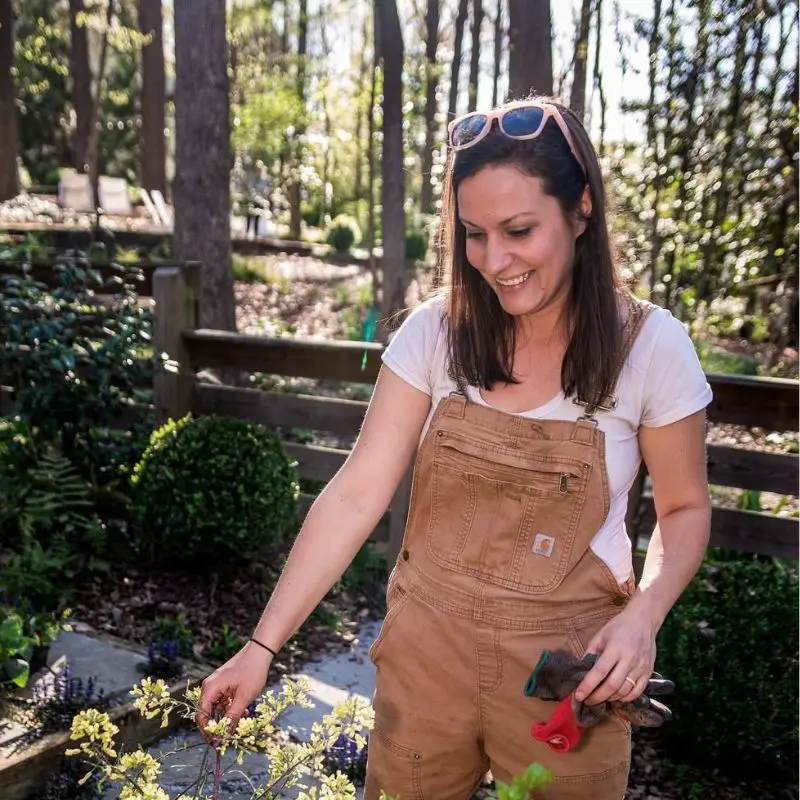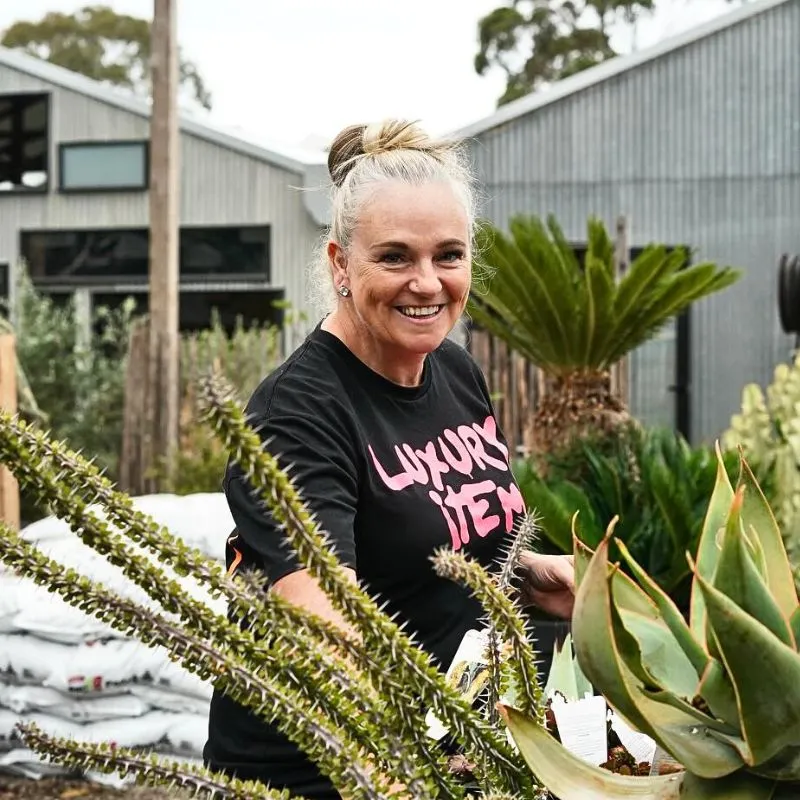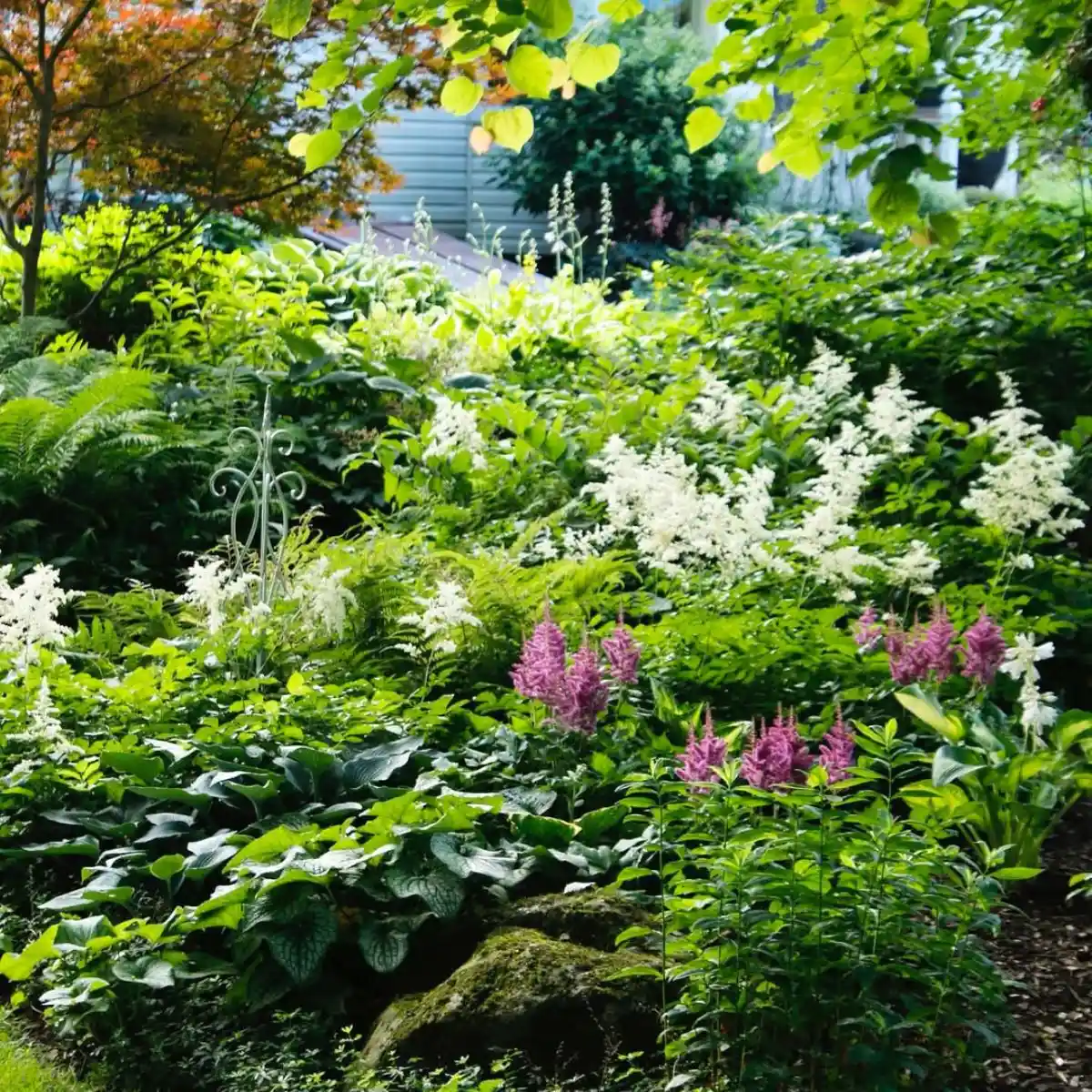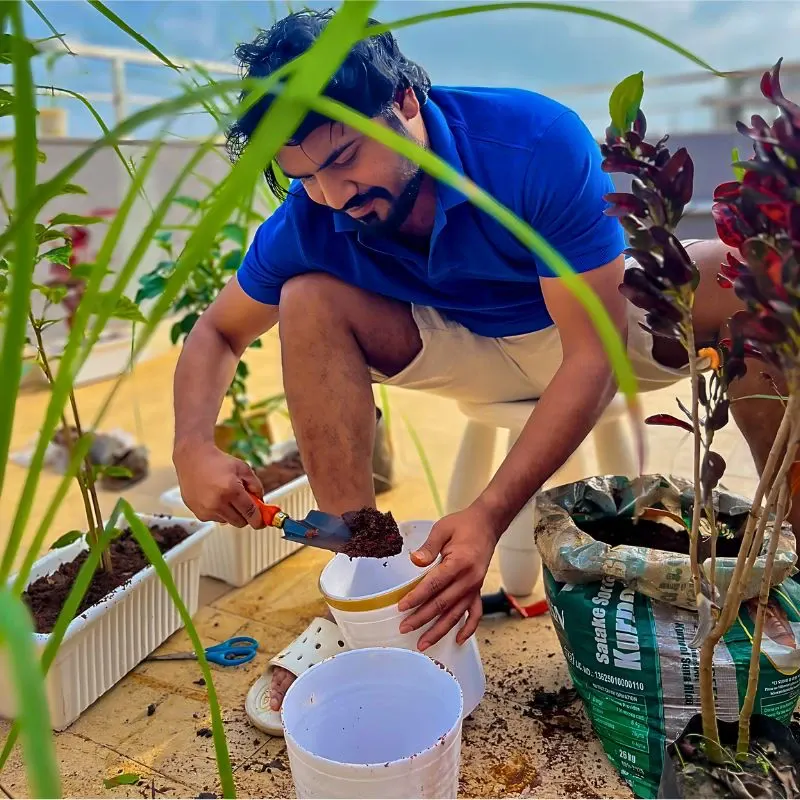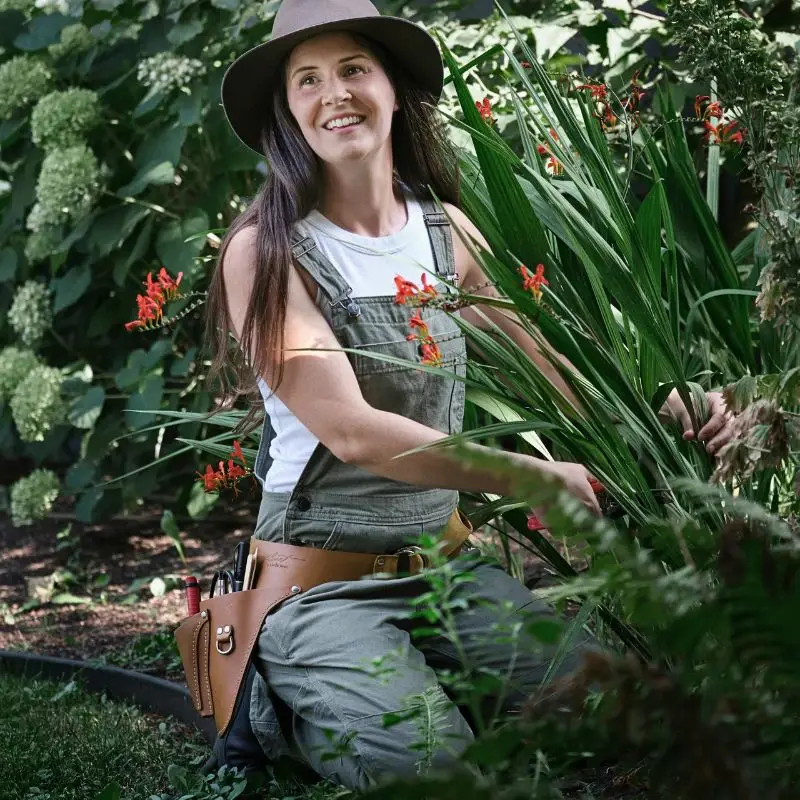Did you know that spending time in the garden and taking care of plants can have a positive impact on your mental health? With the increasing popularity of indoor plants and gardening, it's no surprise that many people are discovering the benefits of this hobby.
Mental health is a crucial aspect of our overall well-being, and finding ways to improve it is essential. Gardening and plant care have been shown to have numerous mental health benefits, including reducing stress and anxiety, improving mood, and increasing feelings of happiness and fulfillment.
In this article, we'll explore how gardening and plant care can help improve your mental health. Whether you have a green thumb or not, there are plenty of ways to incorporate plants into your daily routine and reap the benefits for your mental health. So, let's dig in and discover how you can cultivate a happier, healthier mind through gardening and plant care.
Gardening Can Improve Your Attention Span
Do you have trouble paying attention? Perhaps you daydream or forget important tasks. Gardening could be the answer to improving your attention span. Looking after plants can change how well you focus on a single task. Gardening can help you learn to concentrate on what’s in front of you.
When you're gardening, you need to pay attention to the plants, the soil, the weather, and the tools you're using. This means that you're constantly engaging your brain and staying present in the moment.
Practicing Acceptance
Gardening can help you practice acceptance by teaching you to embrace the natural process of growth and change. When you plant a seed, you have no control over how it will grow or whether it will even survive. You must accept that some plants will thrive while others won’t and that even the healthiest plants will have periods of growth and dormancy.
Through gardening, you learn to accept the impermanence of life and the inevitability of change. You may have to accept that a beloved plant has been damaged or destroyed by pests, weather, or disease. Or you may have to accept that a plant you have nurtured for months will not produce the expected fruit or flower.
By accepting these realities, you can cultivate a sense of gratitude for the small successes and joys that gardening can bring, such as the first sprout of a seedling or the sweet fragrance of a blooming flower. You can also develop a greater appreciation for the resilience and adaptability of nature and the role it plays in sustaining life on our planet.
Helps You Move Beyond Perfectionism
If you’re someone who is always trying to be perfect, you’ll start to struggle with stress and anxiety. You may have this attitude because you were taught that failure is not an option. However, gardening can be a therapeutic activity that helps individuals move beyond perfectionism.
In gardening, there is no such thing as a perfect plant or garden. There will always be pests, weeds, and unpredictable weather that can affect the outcome of our efforts. However, this imperfection is what makes gardening interesting and rewarding.
Working in your garden helps you to let go of control. Perfectionists often have a need for control and struggle with delegating tasks to others. Gardening, however, requires individuals to work with nature and let go of the need for complete control. It teaches us to trust the process and allow things to unfold naturally.
Garden Helps You Develop a Growth Mindset
Plants take time to grow and require consistent care and attention. By working on a garden, you learn to appreciate the process of growth and understand that success takes time and effort.
Gardening requires problem-solving skills. Plants can face a variety of challenges, from pests to weather conditions, and gardeners must find solutions to these problems in order to help their plants thrive. By developing problem-solving skills in the garden, you can apply those same skills to other areas of your life.
If you don’t have a garden, you can start buying houseplants to take care of. And if you still struggle with your mental health, you can see an online therapist. So how much does online therapy cost? Well, these days, it’s more affordable than going to a brick-and-mortar establishment. Some online therapists charge weekly or monthly fees.
Combine therapy sessions with gardening or taking care of plants to improve your overall mental health and stay focused on your goals.
The Benefits of Forest Bathing
Forest bathing, also known as shinrin-yoku, is a practice that involves spending time in nature to improve mental and physical health. Research has shown that spending time in natural environments, such as forests, can have numerous benefits for mental health like:
- Reducing stress
- Boosting your mood
- Increasing relaxation
- Enhancing creativity
- Boosting your immune system
By spending time in nature and disconnecting from the stresses of daily life, individuals can reap numerous benefits for their mental and physical well-being.
Final Thoughts
Gardening provides a sense of accomplishment and purpose, as well as an opportunity to learn and grow. Whether you have a small balcony or a large backyard, incorporating gardening and plant care into your routine can be a rewarding and fulfilling experience. So, why not give it a try and see how it can improve your mental health and overall well-being?

